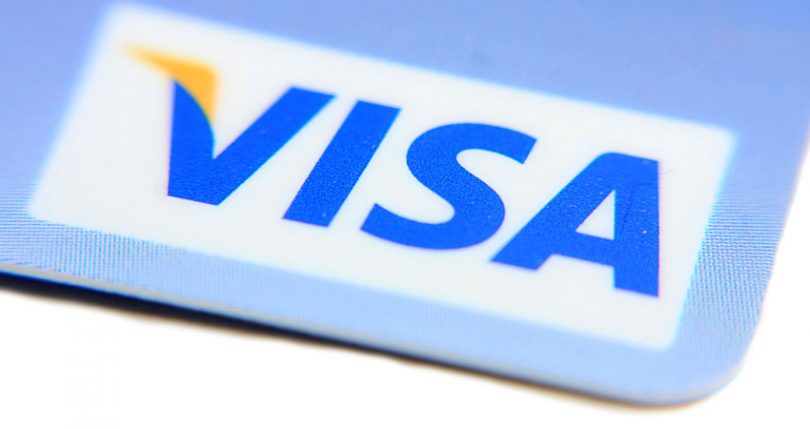Last week it was announced that VISA plans to acquire Earthport, a cross-border Automated Clearing House for payments. The story garnered interest from the crypto world because Earthport has been a Ripple partner since 2015. One of the first high profile banks to use Ripple was Santander UK, and its first app was powered by Earthport using Ripple technology. Earthport also designed a hub to integrate with other DLT payment platforms.
VISA is paying £198 million ($251m) for the UK listed startup. In the year to 30 June 2018 Earthport earned revenues of £31.9 million ($40.5m) and made a loss of £8.4 million ($10.7m). Apart from Ripple, the company has numerous high profile clients including Bank of America Merrill Lynch, TransferWise, BNP Paribas and Xoom.
However, the company suffered some challenges and stated in it’s June 2018 results that “revenue was under pressure due to the loss of a major strategic payment customer and material delays occurred in the implementation process for another strategic partner.” Back in 2015 both Western Union and HSBC were listed as customers but don’t currently appear on their list of clients.
What’s the benefit of Earthport?
Much like Ripple, Earthport helps banks, remittance companies and corporates avoid some of the costs and painfulness of the correspondent banking system. International payments typically involve multiple banks getting involved as go-betweens in cross-border transfers which is slow, costly and prone to error. Earthport positioned itself as a hub.
“Earthport saved us the cost and time to build the relationships we’d need to have in place to have a footprint in all these destination countries,” said the CEO of remittance company Xoom, according to Earthport’s website. Paypal bought Xoom for $890 million in 2015.
“We are looking at the best way to add value for our corporate clients. Earthport is just one part of this approach,” said Ather Williams, Head of Global Payments at Bank of America Merrill Lynch.
Visa’s attraction
The corporate client aspect is likely the appeal to VISA. The credit card powerhouse is expanding its footprint in B2B payments. It’s working with IBM on a blockchain based payment network called VISA B2B Connect which aims to use the Visa network for payments between banks.
Visa’s B2B expansion isn’t limited to blockchain or cross-border payments. In November it announced a collaboration with Billtrust’s Business Payments Network. Visa confirmed to Ledger Insights that the Billtrust initiative does not relate to Visa B2B Connect.






